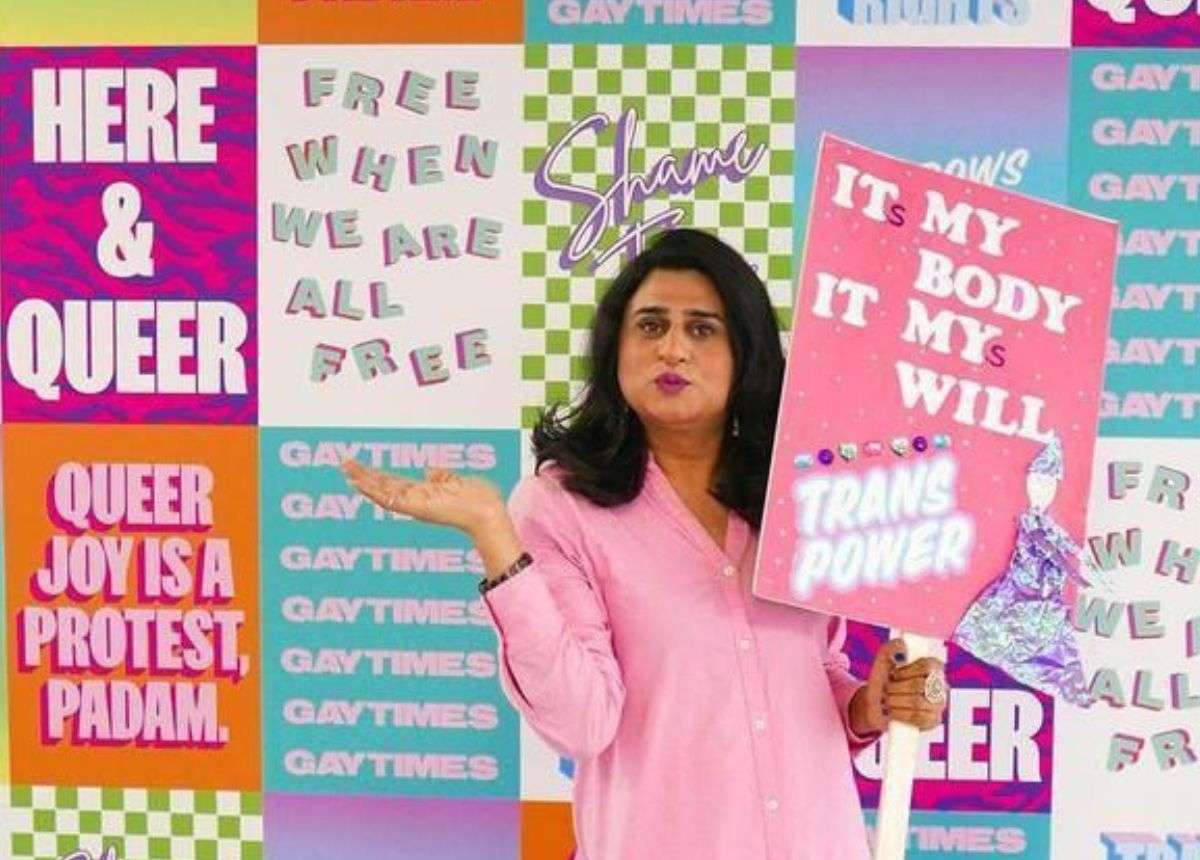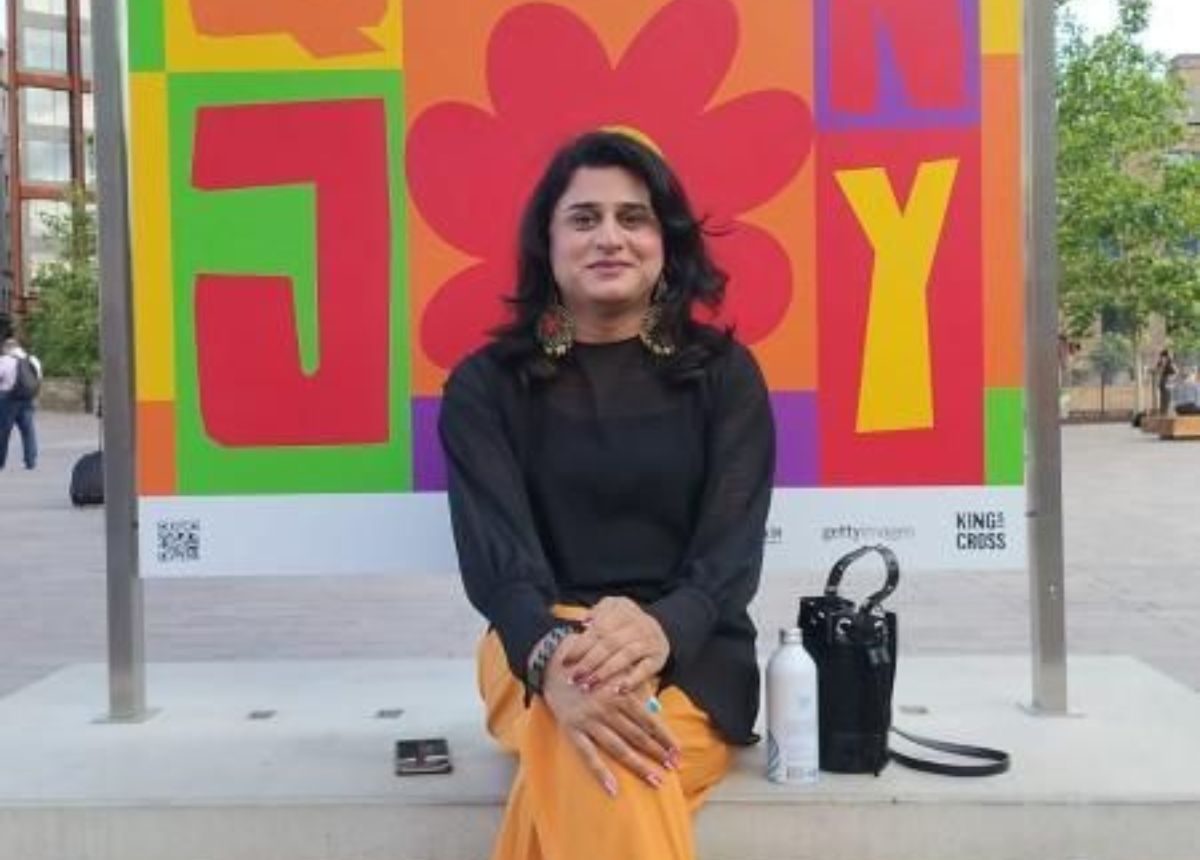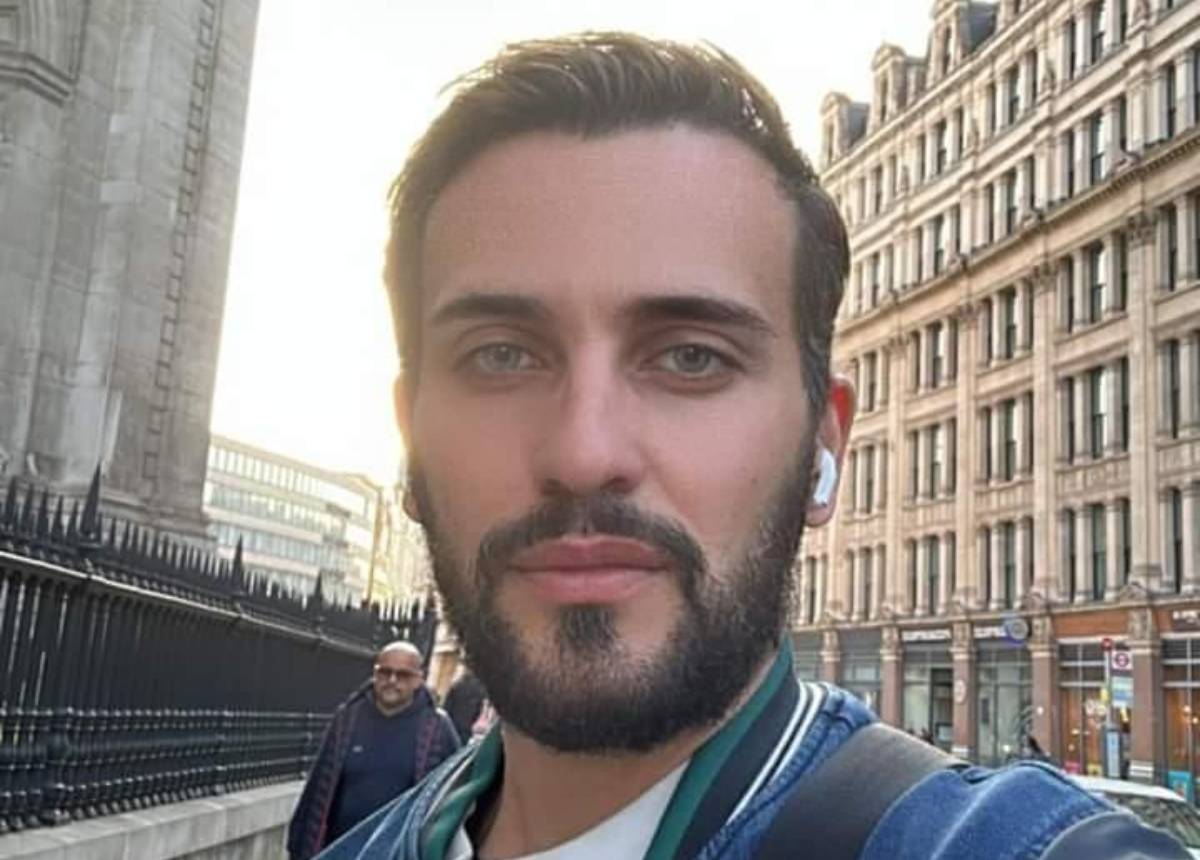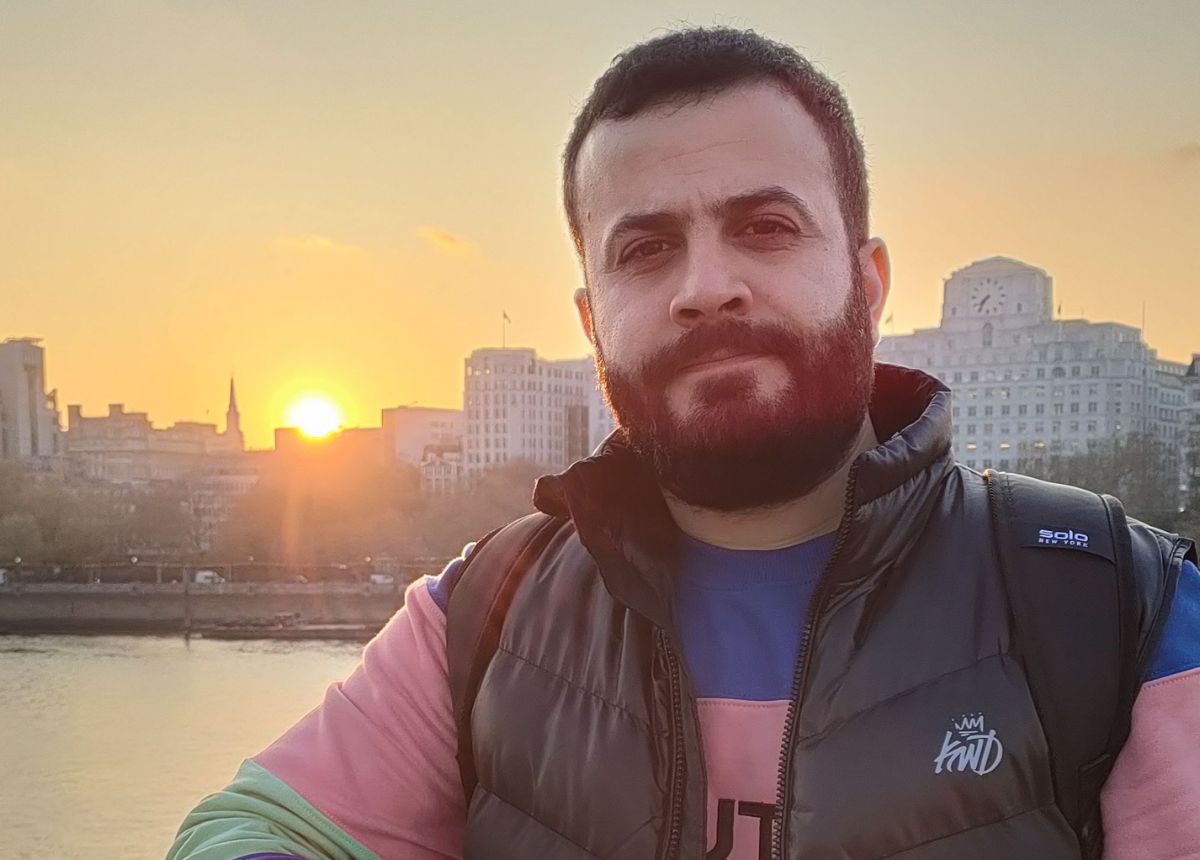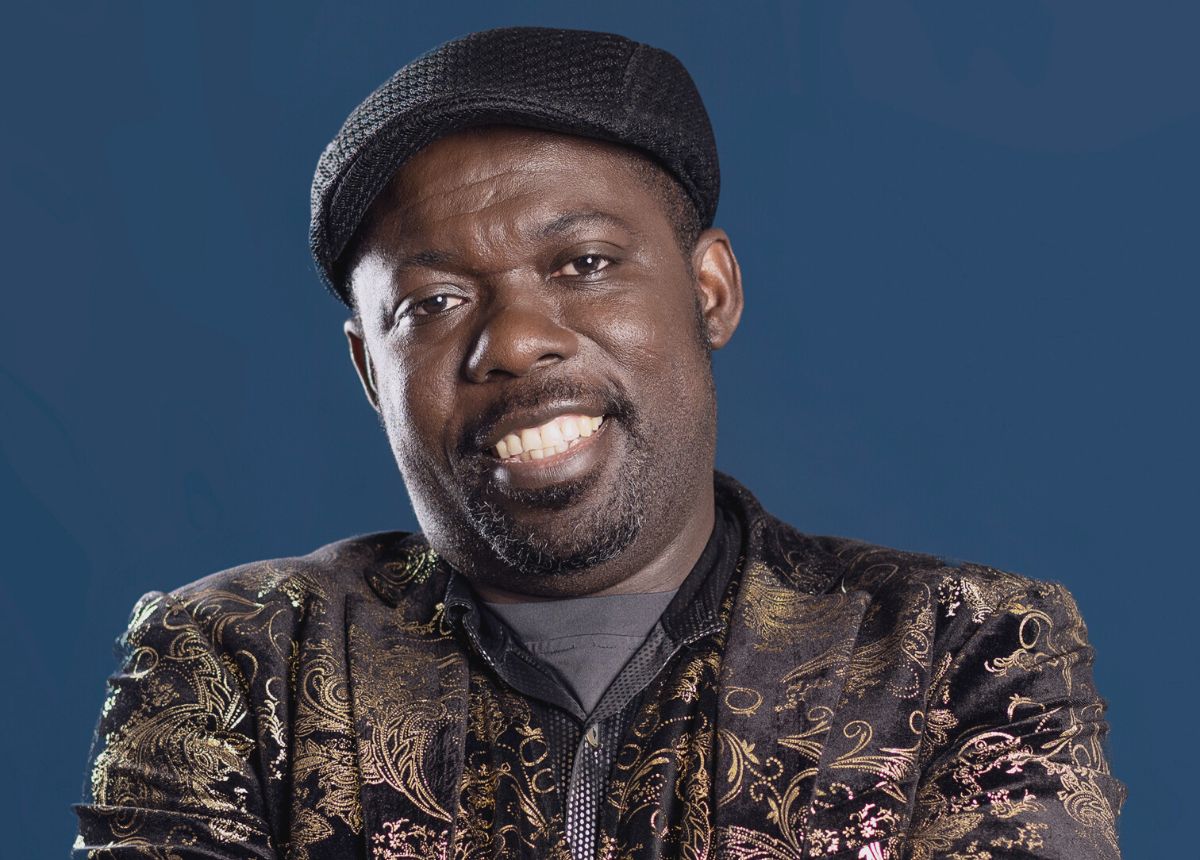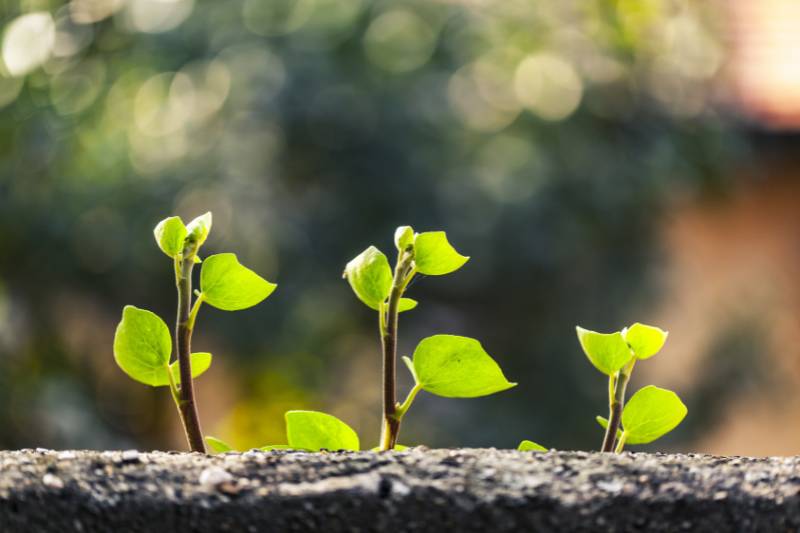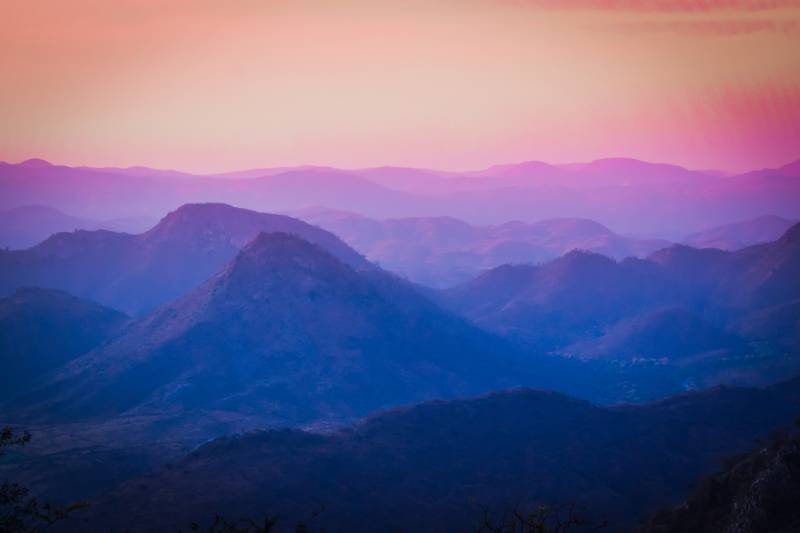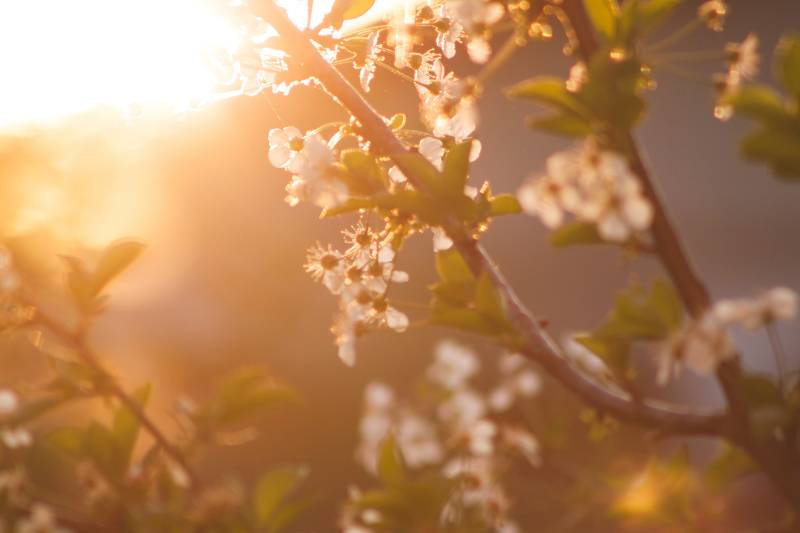Manono's story
Some people may find the topics discussed in this article triggering. This article reflects people’s stories and the hardships they have faced. If you are an LGBTQI+ person seeking asylum and would like to access emotional support please contact us.

I am from Malawi. It’s a very Christian country and being LGBTQ there is very bad. They don’t believe that LGBTQ people exist. So, you have to keep it to yourself. There is nothing you can do about it because you are scared you will get killed.
I came to the UK to study, and at first it was hard for me to come out. It took a long time during which I was still living in the closet. But when I did come out it was a big breakthrough for me. In Malawi I was scared that my family would force me to marry a man, and if I didn’t, they would kill me straight away. Coming to the UK was an escape. I have been here for 18 years now. I am happy with my girlfriend here. We feel safe and can live openly.
“When you come to the UK as a refugee, you don’t think about bringing “evidence” of being LGBTQ because you are running away from your country where you aren’t safe.”
But claiming asylum here was a very bad experience. It was so hard for me. You need to give evidence to the Home Office for them to believe you are a lesbian. When you come to the UK as a refugee, you don’t think about bringing “evidence” of being LGBTQ because you are running away from your country where you aren’t safe. When the Home Office tell you you have to get evidence, you don’t know what they mean. I went through a lot and tried to claim asylum many times, but it’s just refusal, refusal, refusal. After my claim was denied because of evidence I put in a fresh claim, but I’m still waiting for a decision after 5 years.
I have been treated really badly in the asylum system. All the refusals and delays have been really difficult. After I was released from detention, I had nowhere to go and no support and was homeless for a year. When I was given Home Office accommodation, it was so dirty and bad to live in – there was water from the upstairs toilet leaking through the ceiling onto my bed. I called ITV News and they interviewed me, to show the awful conditions that people claiming asylum are made to live in.

I have been in immigration detention more than once. The first time I was detained, I was in shock. I didn’t know what was going on. They took me away and locked me up. Inside detention I had no privacy – there were always guards at the door, who said they needed to watch over me because of my health. But the healthcare there was very bad. The nurses don’t want to give you any medication. One day I had to go to hospital, and they handcuffed me. Everyone was looking at me as though I was a criminal.
Nothing is good in detention. When you are there it’s like you’re serving a death sentence. You are scared of getting sent back to your home country. It triggers lots of mental health problems.
Detention centres are very bad places for an LGBTQ person. I did not tell anyone I was a lesbian. I thought I was going to be sent home, so I knew that if I was open about my sexuality, it was going to be very hard for me when I went back to Malawi. So I kept it to myself. There were other LGBTQ people in detention with me, and they were as scared as me. Some of us knew each other from outside detention, and you are scared someone might tell other people about you. It’s very hard, because a lot of people in the community still do not accept gays or lesbians.
“Detention centres are very bad places for an LGBTQ person. I did not tell anyone I was a lesbian.”
Being in detention made me feel like I’m not a human being. I felt like I was just a number. It has made me lose my confidence. It’s so hard not knowing how long you’ll be there, because being in detention is the worst place you can be. It is a shock, and everyone detained is struggling. It’s a very bad place to be a woman. I am so scared of going there again. I never want to go back. Detention really is a very, very bad place.
I want everyone to know how bad detention centres are. Detention is a waste of taxpayers’ money. It’s worse than prison. No human being should be there. After I was in detention, I visited a centre to give a speech outside to people detained. They were all very scared, and many were worried about being sent to Rwanda. I went to speak to them because I wanted to raise awareness, and tell them how to find the right solicitors, or how to cope with being in there, because being in detention is so hard.

LGBTQI+ people are not safe in immigration detention. Being detained is unjust and inhumane, and LGBTQI+ people are particularly at risk of harm.
Join our No Pride In Detention campaign today, and help us call for an end to LGBTQI+ detention and for a time limit on all detention.
Read more and take action here.
Other stories
Vladimir’s story
Story
Miki’s story
Story
Adams’ story
Story
Staycey’s story
Story
Saliha’s Story
Story
Nisha’s story
Story

